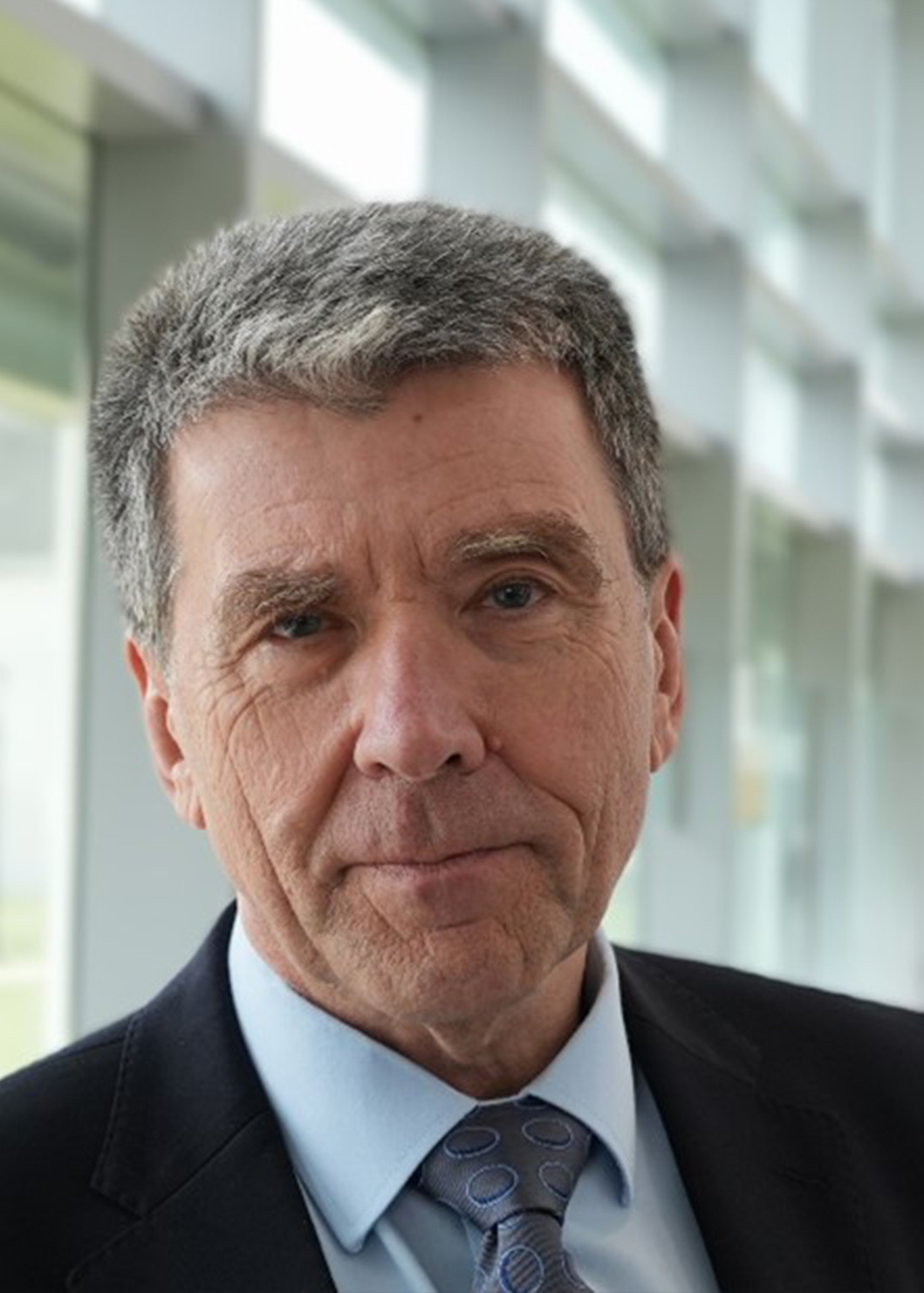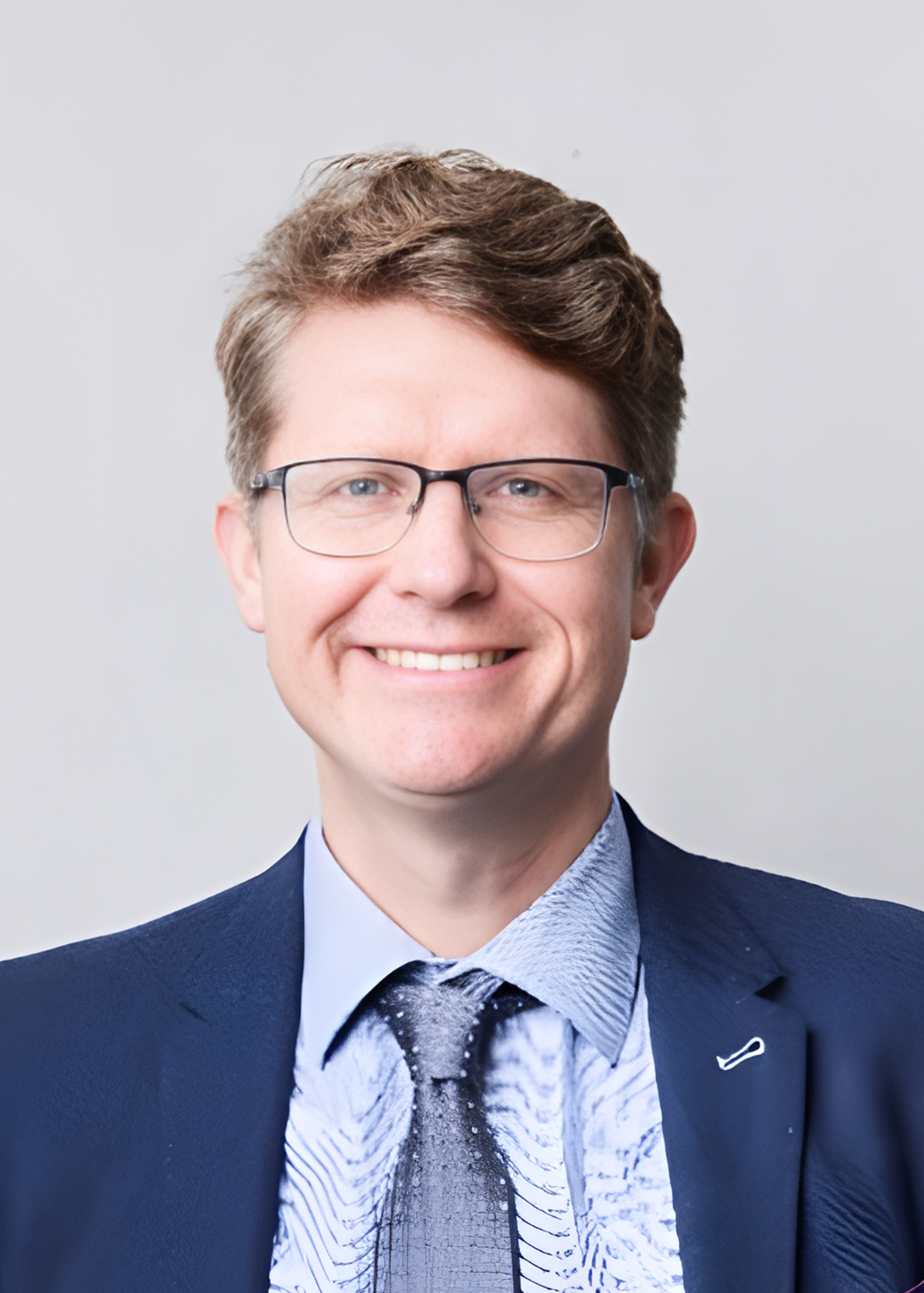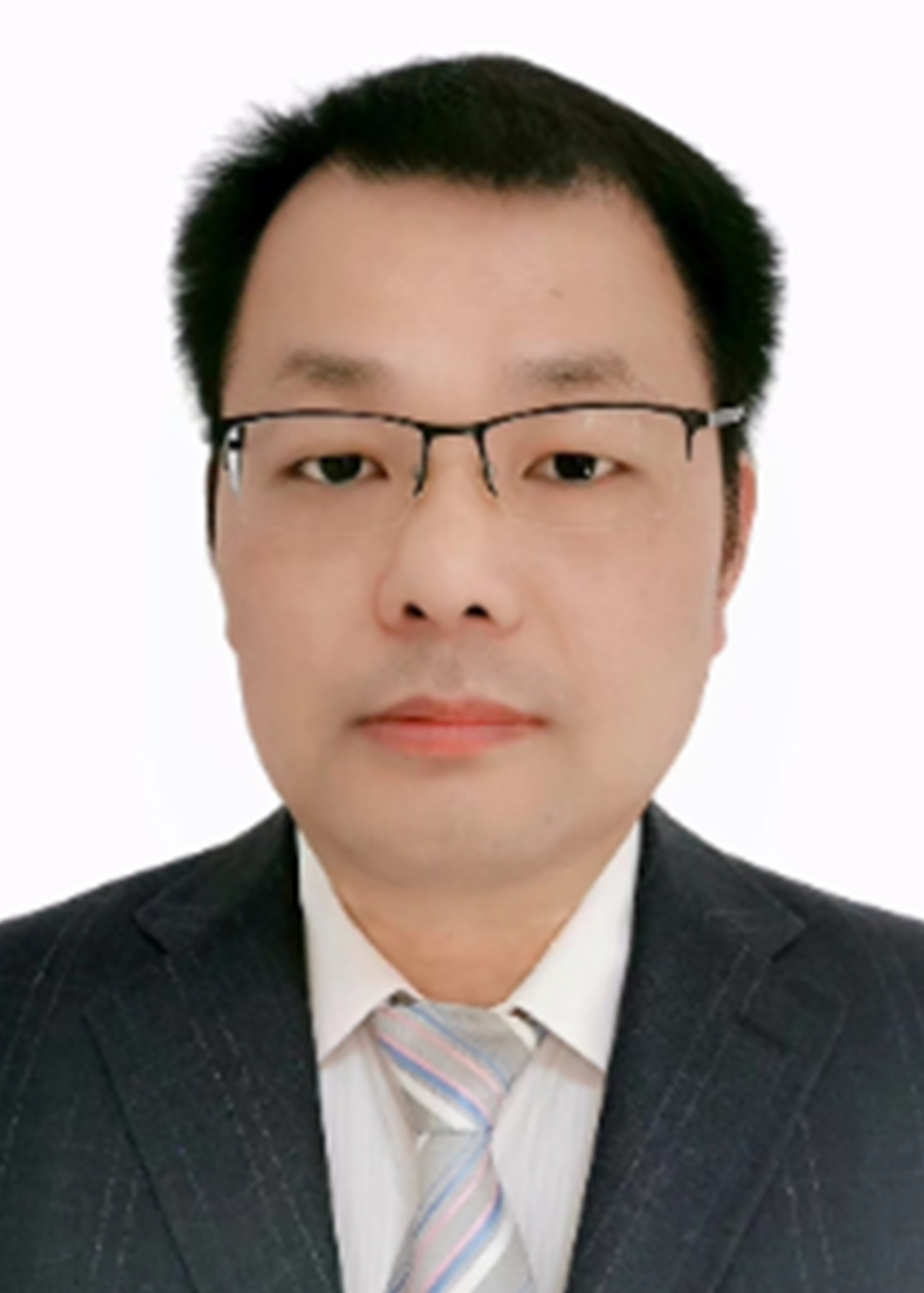
Prof. Ian McAndrew
(Keynote Speaker)
Capitol Technology University, USA
Keynote Lecture: Security Concerns and Opportunities for Space Systems
Abstract: This presentation draws upon several research projects and pulls together the principal finding and suggestions for future needs. The legal, ethical and cyberpsychology issues will be related to the security concerns of space systems in both commercial and other applications. It further goes to highlight the challenges and methos being tested to protect in the short and long term. Findings and conclusions will present a direction for engineers and scientist to develop robust solutions.
Biography: Professor Ian R. McAndrew FRAeS is a very highly qualified academic with extensive experiences within industry and internationally recognised researcher with extensive teaching experience at all levels of education. Conference and Journal publication in excess of 100 over 34 years, six books and numerous Keynote presentations around the world. Has supervised 190 students to their doctoral completion in USA, UK, Germany, Greece, Italy, Jordan, Singapore, Malaysia, UAE, Kenya and South Africa. Extensive consultancy experience internationally for multi-nations and organizations. Leading a global doctorate program of in excess of 570 students. As the Dean of Doctoral Programs at Capitol Technology University he is responsible for 42 different Doctoral Programs ranging from Cybersecurity, Analytics, Aviation, Aeronautical Science and Technology based.

Prof. Con Doolan
(Keynote Speaker)
University of New South Wales, Australia
Keynote Lecture: Unmanned Vehicle Propeller Noise
Abstract: Unmanned systems (drones, UAS, Air Mobility Vehicles, etc) are poised to revolutionise urban and short distance transportation. Overwhelmingly, small ducted and unducted propellers are becoming increasingly common choices for unmanned aerial system propulsion. This is because they are inexpensive and, in the case of a ducted propeller, promise high operational efficiency. Unfortunately, drone propellers also have a serious noise problem. Their acoustic signature consists of intense tones and broadband components which can be highly annoying to the public, especially in workplaces and dwellings. To ensure unmanned systems realise their potential, drone propeller noise needs to be better understood and controlled.
This talk will review unmanned vehicle propulsion system noise and focusing on the physical mechanisms behind the generation of sound in small-scale propellers. Using aeroacoustic theory and recent experiments at UNSW as a guide, the acoustic design principles of drone rotor systems will be explored. The talk will explain how anechoic wind tunnels can be used to study the noise sources in detail, using advanced acoustic and turbulence measurement systems. The most important noise source is created by the interaction of turbulence with a rotor blade, and some latest developments in this area will be described. Additionally, the effect of the duct on the noise source will be summarised. Geometrical blade modifications aimed to control noise will also be discussed. The talk will conclude with recommendations for future research and development to support the design of new unmanned vehicle propulsions systems.
Biography: Professor Con Doolan has an honours degree in Mechanical Engineering and a PhD in Aerospace Engineering from the University of Queensland. After working at the University of Glasgow, Department of Defence (Australia) and University of Adelaide, he is now a Professor at the University of New South Wales, Sydney. Professor Doolan founded and leads the Flow Noise Group, a world leader in aeroacoustics, which is the science of sound produced by fluid flow. His research ranges from the fundamental to the applied, with extensive projects with the Australian Research Council and industries from the Defence, medical, mining, energy, aerospace and construction sectors.
Prof. Doolan has extensive international collaboration experience involving universities and companies from Europe, USA, South America, Asia and Oceania. Current international collaboration projects are with European (Universite de Poitiers), British (University of Cambridge) and Asian universities (Shanghai Jiao Tong University) and various companies. He ran Flinovia in 2023, an invitation-only conference involving the world’s prestigious researchers and companies in flow-induced noise and vibration.
Prof. Doolan has held senior leadership roles, the most recent being Associate Dean (Education) for UNSW Engineering where he was Program Authority for 16,000+ students and program review, compliance, and accreditation activities.

Prof. Shuang Li
(Invited Speaker)
Nanjing University of Aeronautics and Astronautics, China
Invited Lecture: TBA
Abstract: TBA
Biography: Li Shuang, Ph.D. in Engineering, Professor, Doctoral Supervisor, mainly engaged in teaching and research work in spacecraft dynamics and control, aircraft game adversarial planning and control, intelligent planning for multi satellite network collaborative observation, deep space exploration, and new concepts in aerospace technology. Professor Li Shuang is also a member of the Deep Space Exploration Technology Professional Committee of the Chinese Society of Astronautics, the Space Intelligence Professional Committee of the Chinese Society of Space Sciences, the Space Safety Parallel System Professional Committee of the Chinese Society of Command and Control, the Deputy Editor in Chief of the International Journal AIAA Journal of Spacecraft and Rockets, Space: Science&Technology, Astrodynamics, Aerospace, Advances in Aircraft and Spacecraft Science Editorial Board, Acta Astronautica Visiting Editorial Board, Chinese Science: Physics, Mechanics, Astronomy (Young Editorial Board), Chinese Journal of Astronautics (Young Editorial Board), Chinese Journal of Space Science and Technology, Deep Space Exploration, and Journal of Nanjing University of Aeronautics and Astronautics Flight Control and Detection Editorial Board.



